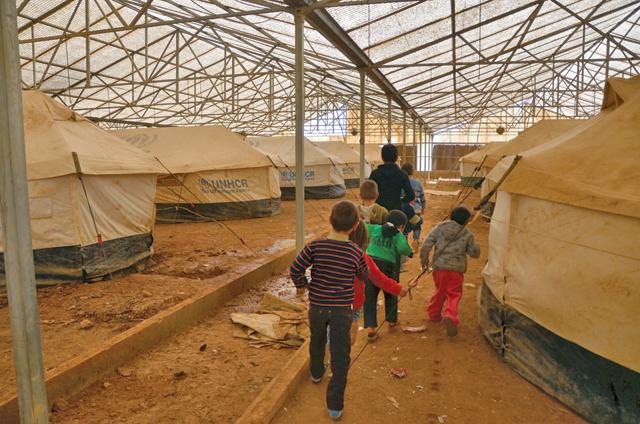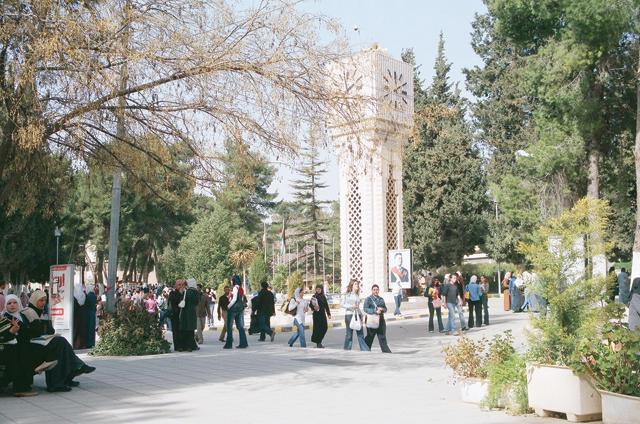AMMAN — The Ministry of Social Development on Monday said it closed a private disability care centre in Amman, citing its failure to meet required standards.
In a statement sent to The Jordan Times, the ministry said the closure of the centre is due to the facility’s various violations, and will be temporary until the centre rectifies its status.
The ministry added that it has issued four warnings to other centres since the beginning of the year due to the absence of safety standards.
Last year, the ministry shut down eight centres and issued warnings to 14 others.
The ministry stepped up its efforts to inspect care centres in 2012 after a documentary aired by the BBC featured children being abused in several special education centres, turning the matter into an issue of public concern.
Following the documentary, His Majesty King Abdullah paid unannounced visits to several special education centres and issued directives to the government to investigate all facilities providing services to people with disabilities and hold accountable every person involved in violations.
To this end, the Social Development Ministry formed a committee to investigate the alleged violations, which is continuing to examine the situation of orphans and disability care centres across Jordan.
Several centres have been closed down or received warnings since then, while legal action has been taken against staff members found responsible for violations.
Also on Monday, the ministry announced that it dissolved 29 charities in 2013.
The decision was taken because these charities had not been active for a whole year, according to the ministry’s spokesperson, Fawaz Ratrout, who added that some of these charities violated the objectives of their registration.
In addition, the Social Development Ministry has formed 40 interrogation committees since the beginning of the year to investigate financial and administrative complaints against 40 charities.
Currently, there are 3,800 associations under the authority of the ministry.
















